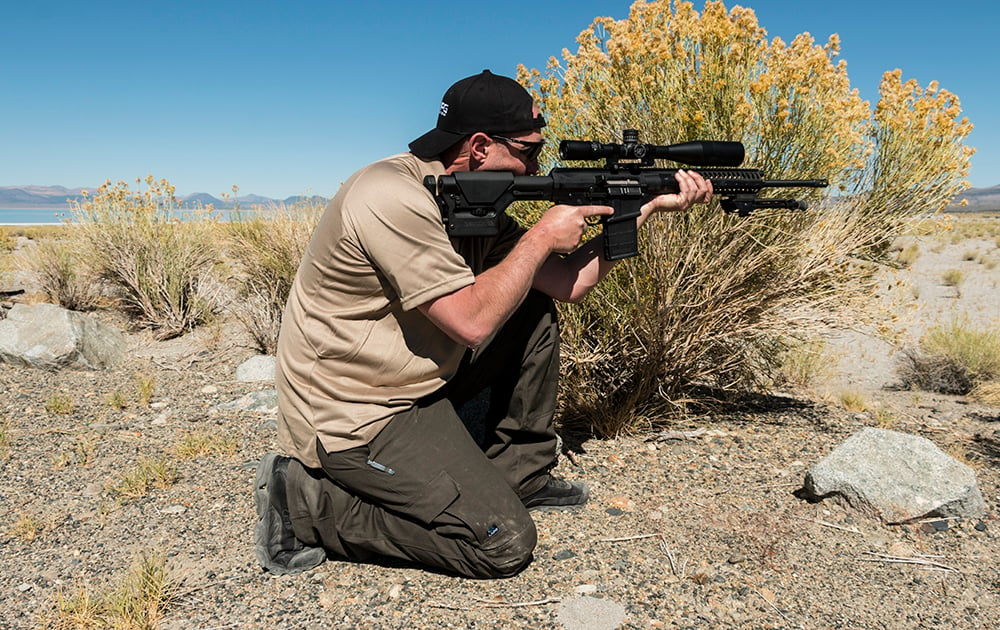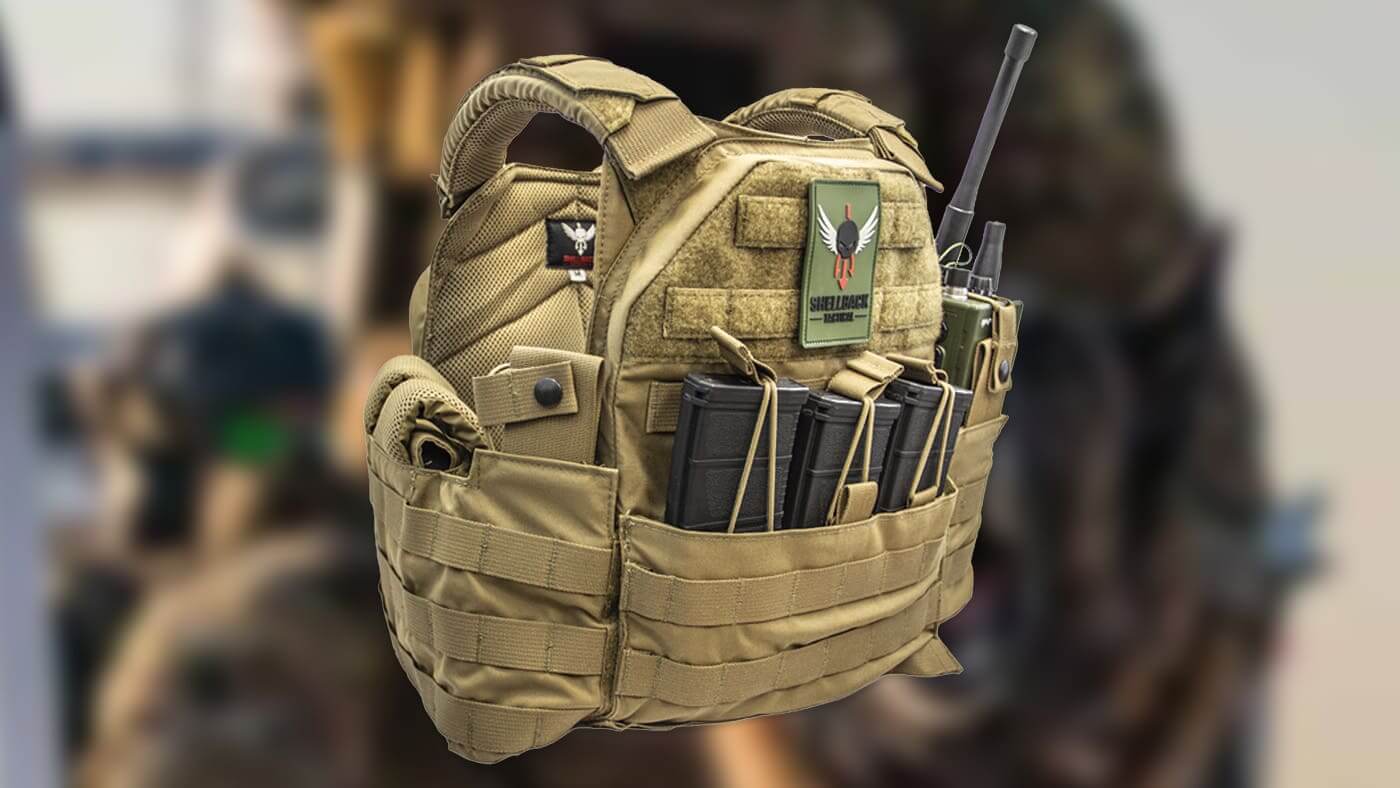
How to Become a Police Officer in the US
Serving as a police officer is a brilliant way to help support your local community, as well as finding satisfaction and purpose in your working career. If you want to become a police officer in the US, this guide is for you.
Below, you can find a genuine insight into the process of applying to become a police officer, what qualifications and requirements you may need, how hard it is to succeed in your application, and answers to questions that frequently get asked on the subject.
Let’s begin by taking a look at the different types of police officer roles that you could apply for.
An Overview Of The Different Types Of Police Officers In The US
In the US, there are many different types of police officer roles that you can apply for, with some focusing on different aspects of the role more than others. Let’s take a look at some of the most common types of police officers:
- Patrol Officer - one of the most common roles, usually involving patrolling an area and enforcing laws, as well as responding to emergency calls and acting as a visible deterrent
- Detective/Investigator - this role involves working in plain clothes to solve crimes ranging from homicide to theft
- Sheriff’s Deputy - similar to patrol officers, a Sheriff’s Deputy provides enforcement coverage in areas not covered by a police department, as well as providing security at courthouses and county jails
- State Trooper/Highway Patrol - this role is focused on ensuring road safety. It involves patrolling highways and interstates
- Transportation Police - this role relates to enforcing laws on the likes of subways, buses and trains and investigating crimes relating to transportation systems
- School Resource Officer - this job involves being stationed within a school to ensure the safety and protection of students and staff
- Special Weapons And Tactics (SWAT) Officer - this is a more advanced role that involves specialist training in the use of weapons, tactics and equipment to handle situations like shootings and kidnappings.
- K-9 Officer - this role involves being partnered with a trained police dog
- Federal Law Enforcement - when working at the federal level, you could train to become an FBI agent, a US marshal, a customs and border protection officer, or a secret service agent
So that’s an overview of the many different roles available, let’s take a look at the reasons behind why it could be a good career choice for you.
Why Consider Becoming A Police Officer?
Pursuing a career as a police officer is an attractive option for many. Police officers work to protect and serve their communities, enforcing laws, fighting crimes and stopping criminal behavior. If you have a passion for fighting injustice and helping others, then it’s a role that you could find very rewarding.
As well as pursuing a satisfying vocation, you’ll also benefit from job stability. Policing is a vital public service and therefore isn’t impacted as much by budget cuts and redundancies compared with other industries.
Police officers also tend to earn above-average salaries, though this can vary depending on the role and the area policed. It’s also possible to earn even more money by working overtime. There’s also a good pension which allows officers to retire early.
Most police departments also offer health and life insurance, which can prove life-changing in some cases, especially financially. This coverage can also extend to families.
How To Become A Police Officer - The Requirements And Qualifications
So those are the perks of working as a police officer, let’s take a look at the requirements and qualifications needed to successfully apply for the role. Here’s a breakdown:
- Age - in the US, you must either be 18 or 21 to apply to become a police officer. It varies depending on different departments.
- Citizenship - it’s usually necessary to hold US citizenship, either as a natural citizen or a permanent legal resident
- Education - many police departments as for a minimum of a high school diploma or a GED. Some departments may look for a college degree in subjects like law, criminal justice or psychology
- Driver’s License - in many cases, a driving license will be required for the role
- Fitness - given the demands of the job, you’ll need to prove you’re fit enough
- Medical Check - it’s necessary to pass checks for medical conditions and hearing and vision
- Psychological Assessment - as well as a physical check, a psychological evaluation may also be required to determine emotional stability and mental readiness for the job
- Background Check - it’s necessary to pass criminal history and drug checks, and in some cases, credit history checks
Is It Hard To Become A Police Officer?
As you can see from the list above, it seems like there are a lot of requirements to meet to become a police officer. Some people may feel like it’s too hard, but it isn’t when you approach it step by step. And you’ll soon come to learn that it’s necessary. Being a police officer carries with it a lot of responsibility and power, and it’s vital that you have the skills in order to do the job.
It’s natural for mistakes to be made or for situations to be misjudged and only the best people possible must be in that role to find a solution that protects and serves citizens.
The process doesn’t end with your application, either. There is more to be done to prove that you have what it takes to be a police officer. Let’s take a look at this recruitment process in greater depth.
About The Recruitment Process
As mentioned above in our section on the requirements, it’s necessary to pass several checks and tests as part of the recruitment process.
If your application is successful, you can expect to be asked to take a number of written examinations. They tend to focus on reading, writing, grammar, mathematics, problem solving and situational judgment.
A physical test is also usually required. It could involve the likes of a timed run or bleep test, push-ups and sit-ups or obstacle courses.
An interview with a panel or board of individuals will also likely form part of the process. It’s often known as the Oral Board Interview. You can find some sample questions for this here.
Background checks also play a key part in the process, looking at criminal history, driving record, employment history, drug use and credit history too.
Medical evaluations both for physical conditions and psychological ones are also conducted by many police departments.
If all of these checks are met, you could receive a conditional offer of employment. The important word here is conditional. There’s more to the process of becoming a police officer, which we explain next.
How Long Does It Take To Become A Police Officer?
With your offer accepted, the final steps to becoming a police officer can begin—your training. Trainee police officers must spend time completing Police Academy training. This can take anywhere from 4 to 6 months, depending on the rules of the area or state.
During this training period, all aspects of the role will be taught, such as criminal law and procedures, people’s rights and civil liberties, report writing and how to conduct investigations. It’ll also involve firearms training, physical conditioning, and self-defense training. The idea is to prepare you for any eventuality you may run into on the streets.
With Police Academy training complete, it’s necessary to complete a probationary period. This is a sort of trial for the real job. It can last between 6 months and 2 years. During this time you’ll receive further training and support, as well as guidance on improving your performance.
So, the full length of time it can take to become a police officer ranges from around 10-12 months to two and a half years.
What Can I Do To Make My Application Stronger?
As you can see, it’s a tough and competitive process to become a police officer, but there are things you can do to help your application.
- Get Relevant Work Experience - it can help to get experience doing similar roles, such as security work or working in a corrections facility.
- Military Service - if you’ve served in the military, you will no doubt possess skills that many police departments find desirable in candidates, such as leadership skills and decision-making.
- Community Involvement - volunteering or supporting your local community in some way demonstrates some of the attributes needed in police officers
- Physical Training - with a physical exam as part of the process, getting in better shape will stand you in good stead.
- Review Social Media Accounts - it can help to do a sweep of your social media accounts to make sure there is nothing from years back that could impact your application.
- Get Additional Qualifications - you could get training in first aid or CPR, firearms training or learn a foreign language, all skills which can help you in the job
How Much Does It Cost To Become A Police Officer?
The pleasing thing to learn is that in many cases, there are few costs involved in becoming a police officer. The hiring police department generally covers training, medical examinations, background checks, and in some cases, license fees such as for firearms.
Sometimes, a police department may cover the cost of relocating to their area or more specialized training.
There are other optional costs, such as buying upgraded equipment, like those sold in the LA Police Gear store, like safety vests, belts and tactical boots.
Key Takeaways On Becoming A Police Officer In The US
- Becoming a police officer is tough, but it can be a very rewarding and satisfying job.
- It’s important to check to see if you meet the entry requirements, such as citizenship status, education and background checks
- Once your application is accepted, it’s necessary to undergo training and then a probationary period, with the maximum amount of time stretching to two and a half years
- It’s important to research each police department’s processes as they vary greatly from Texas to New York.





